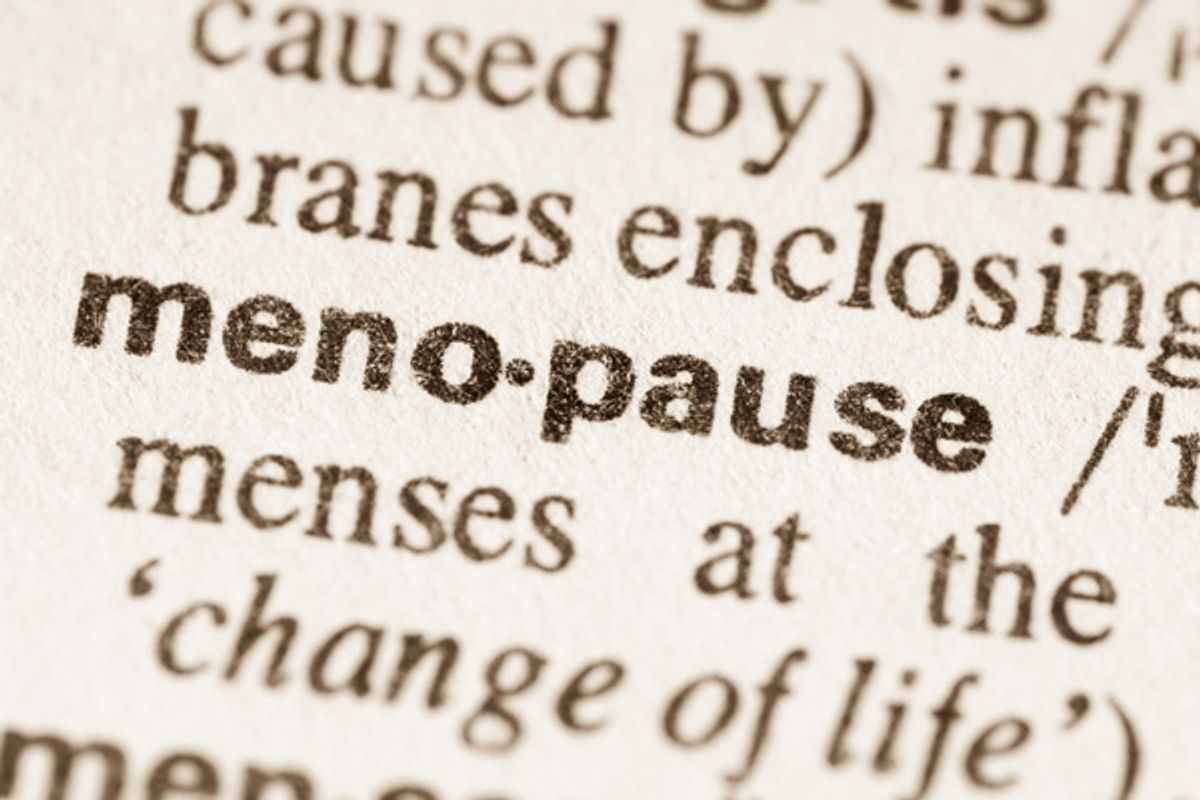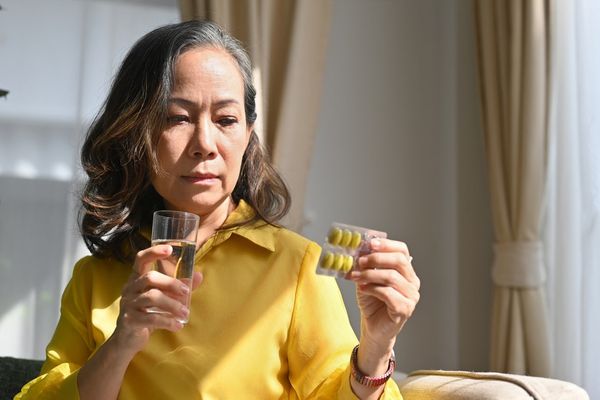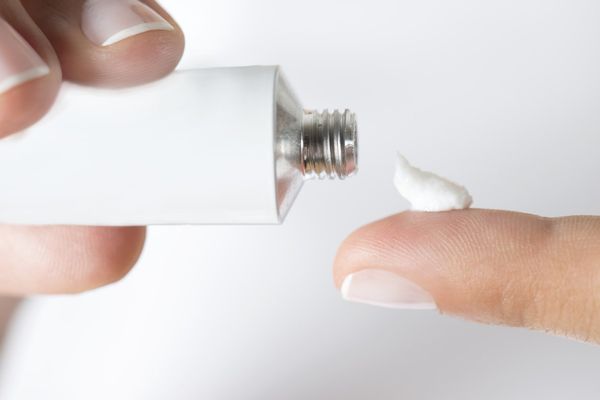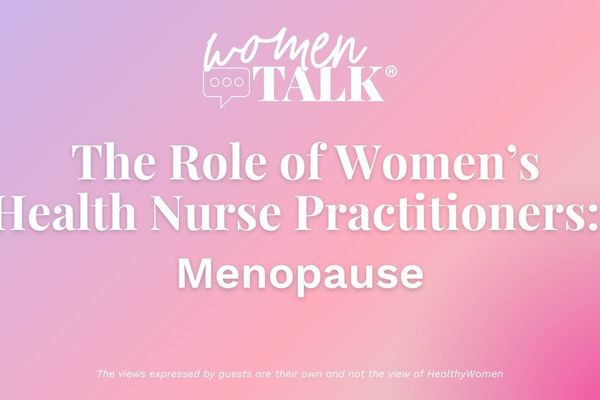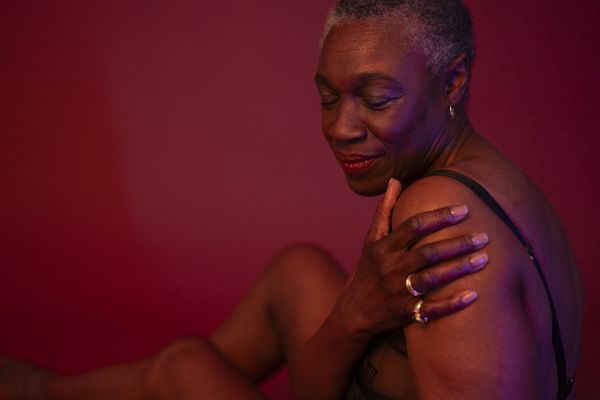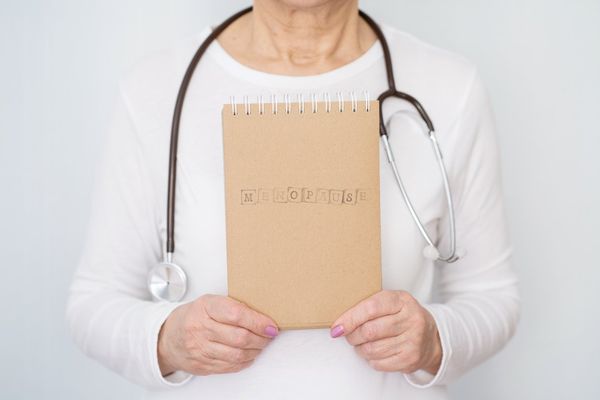Does this sound vaguely familiar?
"Crippling anxiety, sleep issues, panic attacks, lack of energy, weight gain, intense sweating, no sex drive, dry hair and brittle nails." Just a few of the 219 comments expressed by women from around the globe in response to a 2011 blog I wrote titled, "Menopause and Anxiety: What's the Connection?" for HealthyWomen.org.
It turns out anxiety is not the only thing about menopause plaguing the 6,000 U.S. women who reach menopause each day.
"I'm not bothered by menopause" … says hardly anyone.
The Story
I've been blogging since 2009 (that's a long time, in blogging years). Never has any one blog post ever gathered so many comments (and the comments continue to roll in four-plus years later).
So, What Do All These Comments Mean?
Women need other women.
Women need a sense of community.
Women need commiseration.
Women need to feel heard.
Women need to share and express themselves.
What Women Are Saying
Basically, that menopause has ruined their lives. Or if not ruined them, changed them (and not for the better).
" I need help."
"I have no patience."
"I have crippling anxiety."
"I get awful panic attacks."
"I have sleep issues."
"I feel sooo old."
"I used to be energetic."
"I've gained so much weight."
"I have brittle nails and dry hair."
"This is so much worse than PMS."
"Who is the menopause expert?"
"Will it ever stop so I can be my old self again?"
"I'm tearful and afraid."
"Brain fog … mood swings.. I'm worried about driving."
What the Experts Say
Hot flashes: You may not be able to eliminate them, but you can get enough relief to make a difference in things like sleep and your sex drive. The North American Menopause Society suggests trying things like lifestyle changes, nonprescription remedies, hormone therapy( estrogen alone if you've had your uterus removed; if not, then estrogen plus progesterone is suggested) and non-hormonal prescription drugs. Click here to read more. And here are some suggestions from The Mayo Clinic.
Mental health: Indeed, menopause can wreak havoc on your psyche, confirms the brain and spine team at the Cleveland Clinic. It may start out as sleepless nights, feeling more tired than normal and moody and short-tempered (or what I like to call "prickly"). Oh, I almost forgot: there can also be problems with concentration and memory.
Many women go on to experience anxiety or depression, which can be especially crippling if they can't find relief. Read more about that here.
(Yes, changing estrogen levels could affect your mental state. And no, it's not all your imagination. That calls for a toast.)
Who Else You Can Turn To
Many women complain that their health care professionals are either poorly educated about menopause or uninterested in the subject and, as a result, are ill-equipped to offer helpful advice.
Look for someone who is a NAMS Certified Menopause Practitioner (NCMP). These are licensed health care practitioners who pass a competency exam created by the North American Menopause Society (NAMS) to certify that they skilled at providing health care for women in perimenopause and beyond.
What Else?
Having personally been privy to a host of these discomforts, I'll add my two cents. I MADE IT OUT ALIVE!
Because I'm a breast cancer survivor, taking hormones was a no-no. Fluoxetine, an antidepressant prescribed by my gynecologist, helped with my irritability. My hot flashes gradually subsided—after a very long seven years.
My Non-Drug Drug of Choice
Exercise. Yeah, I know, I think it can cure all ills. Well, not all, but many.
Whether it truly helped with my menopausal symptoms or just took my mind off them matters not. And it's good for things that midlife puts you more at risk for, like osteoporosis, diabetes, heart disease, weakening bones and insomnia.
Think I'm wrong? Just look at this study published in Archives of Internal Medicine. Even if you never exercised before, it's not too late: being fit in midlife may make you a healthier older adult.
And who doesn't want that?

